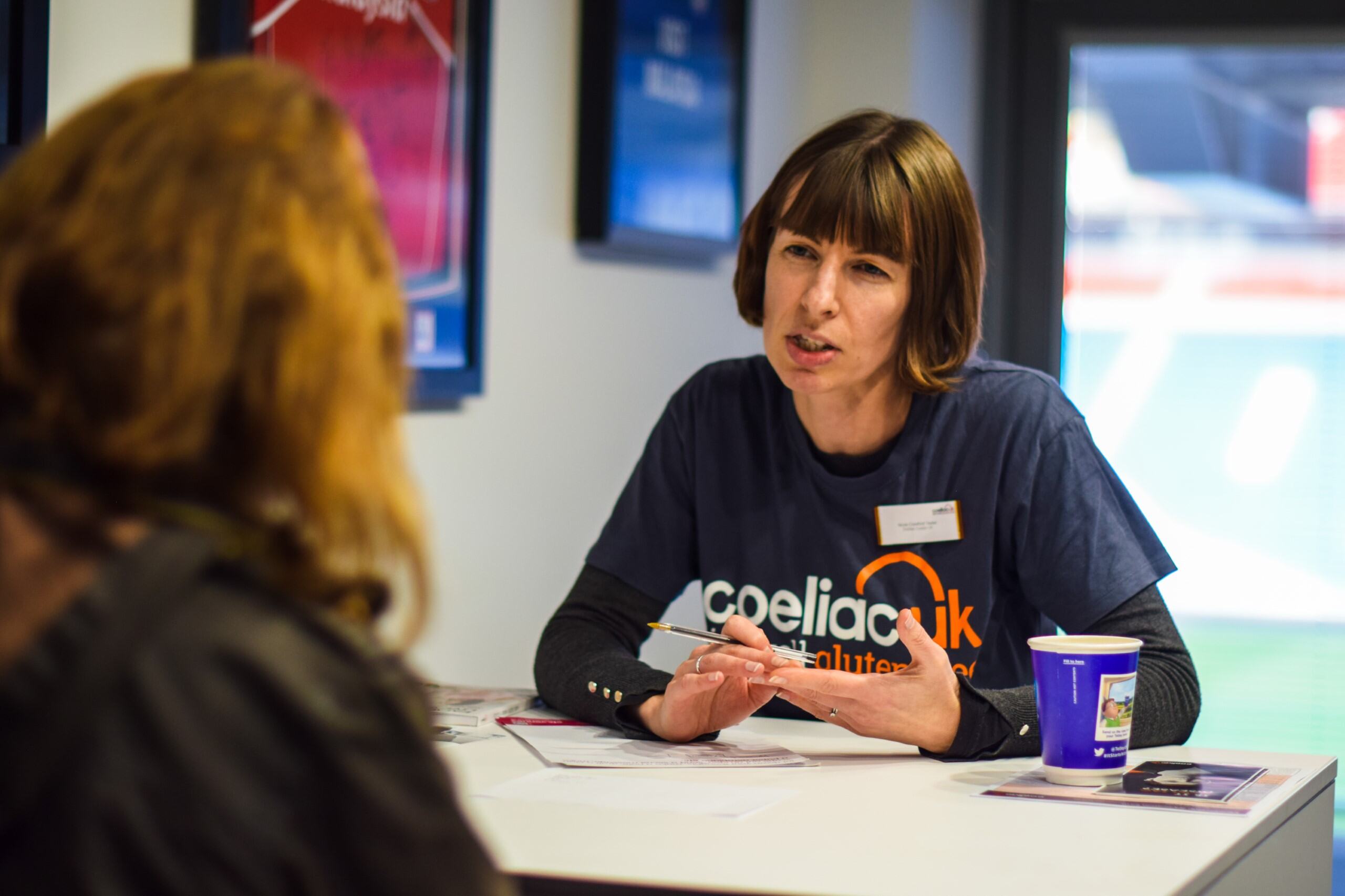Care after diagnosis
Discover what care to expect after receiving a diagnosis of coeliac disease. Regular follow ups with healthcare professionals ensure that you’re supported and kept up to date with any new developments in managing your condition.
Scroll down to find out more, or download our factsheet by clicking below.

Medication
Learn about the suitability of medicines containing wheat starch for people with coeliac disease. Discover what you should look out for when taking medication.
Check-ups
After a diagnosis of coeliac disease, it’s important that you have regular follow ups. This usually means going to an annual review or check-up appointment.
Vaccinations
Learn more about the connection between coeliac disease, reduced spleen function (hyposplenism) and vaccination programs to support those with the associated condition.
Hospital visits
If you need to go into hospital, you must tell hospital staff that you have coeliac disease and need a gluten free diet. Read on for our top tips and tools to help you explain your needs to hospital staff.
Prescriptions
If your doctor has diagnosed you with coeliac disease , you might be able to access gluten free staple foods on prescription. Find out more about if you are eligible and our work in this area.
Support research into coeliac disease
Researchers often need information from people with coeliac disease and their families to help them understand the condition better. Find out more about our Member Review Panel and help us select what research to fund.
Dietitian support
Whether you are newly diagnosed or have been living gluten free for a long time, our team of expert dietitians have created a series of videos to guide you on some of the most talked about topics related to living with coeliac disease.
